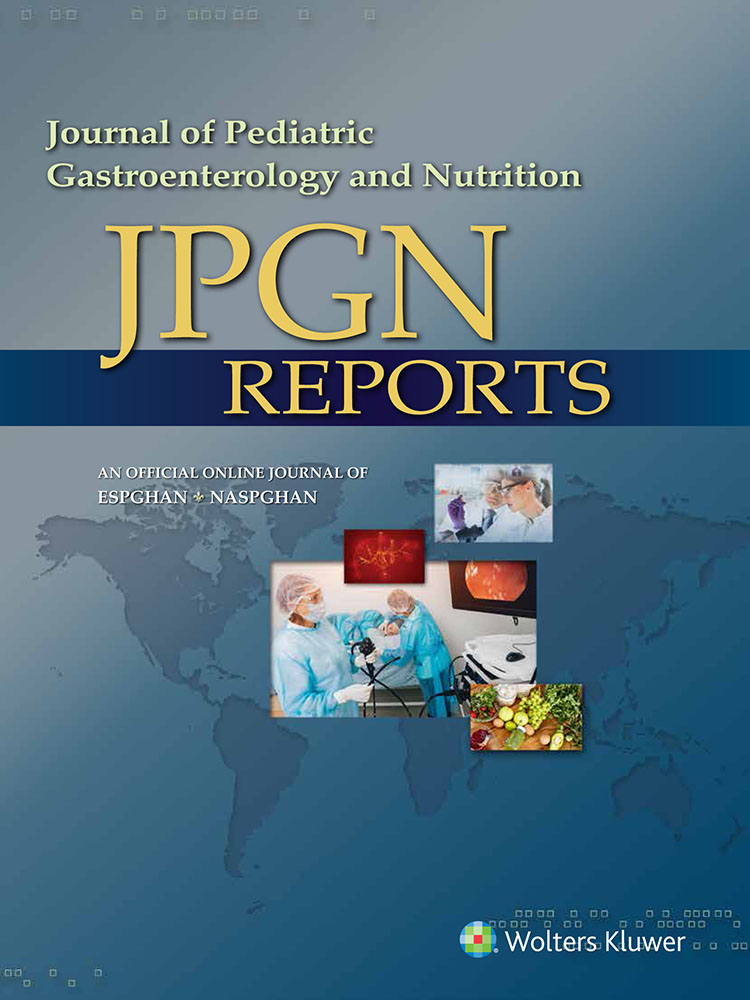Lead Toxicity From a Swallowed Fishing Sinker
A Case Report
The authors report no conflicts of interest.
Article Guarantor: Shivani R. Gupta, DO.
Dr Gupta, the corresponding author, provides this written guarantee as requested in the journal's Author Instructions section indicating that the parents of the subject of this case report are aware of our intent to publish the report and have given consent to do so.
Abstract
Lead toxicity is relatively common despite increased public awareness, with lifelong neurologic sequelae. Common sources of exposure include lead paint, contaminated water, curtain weights, and bullets. However, few reports consider management of lead fishing equipment ingestions, such as weights or sinkers. We present a 5-year-old male who swallowed a lead fishing weight and had a high serum lead level despite urgent removal. When managing ingestion of a lead foreign body, if accessible by upper endoscopy, we recommend urgent removal with subsequent monitoring of serum lead levels.




